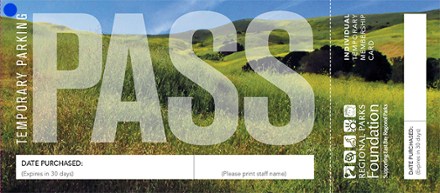Home
Rights Transit: Public Transportation and the Right to City California's East Bay
Barnes and Noble
Rights Transit: Public Transportation and the Right to City California's East Bay
Current price: $104.95


Barnes and Noble
Rights Transit: Public Transportation and the Right to City California's East Bay
Current price: $104.95
Size: Hardcover
Loading Inventory...
*Product information may vary - to confirm product availability, pricing, shipping and return information please contact Barnes and Noble
Is public transportation a right? Should it be? For those reliant on public transit, the answer is invariably “yes” to both. Indeed, when city officials propose slashing service or raising fares, it is these riders who are often the first to appear at that officials’ door demanding their “right” to more service.
Rights in Transit
starts from the presumption that such riders are justified. For those who lack other means of mobility, transit is a lifeline. It offers access to many of the entitlements we take as essential: food, employment, and democratic public life itself. While accepting transit as a right, this book also suggests that there remains a desperate need to think critically, both about what is meant by a right and about the types of rights at issue when public transportation is threatened.
Drawing on a detailed case study of the various struggles that have come to define public transportation in California’s East Bay,
offers a direct challenge to contemporary scholarship on transportation equity. Rather than focusing on civil rights alone,
argues for engaging the more radical notion of the right to the city.
Rights in Transit
starts from the presumption that such riders are justified. For those who lack other means of mobility, transit is a lifeline. It offers access to many of the entitlements we take as essential: food, employment, and democratic public life itself. While accepting transit as a right, this book also suggests that there remains a desperate need to think critically, both about what is meant by a right and about the types of rights at issue when public transportation is threatened.
Drawing on a detailed case study of the various struggles that have come to define public transportation in California’s East Bay,
offers a direct challenge to contemporary scholarship on transportation equity. Rather than focusing on civil rights alone,
argues for engaging the more radical notion of the right to the city.


















